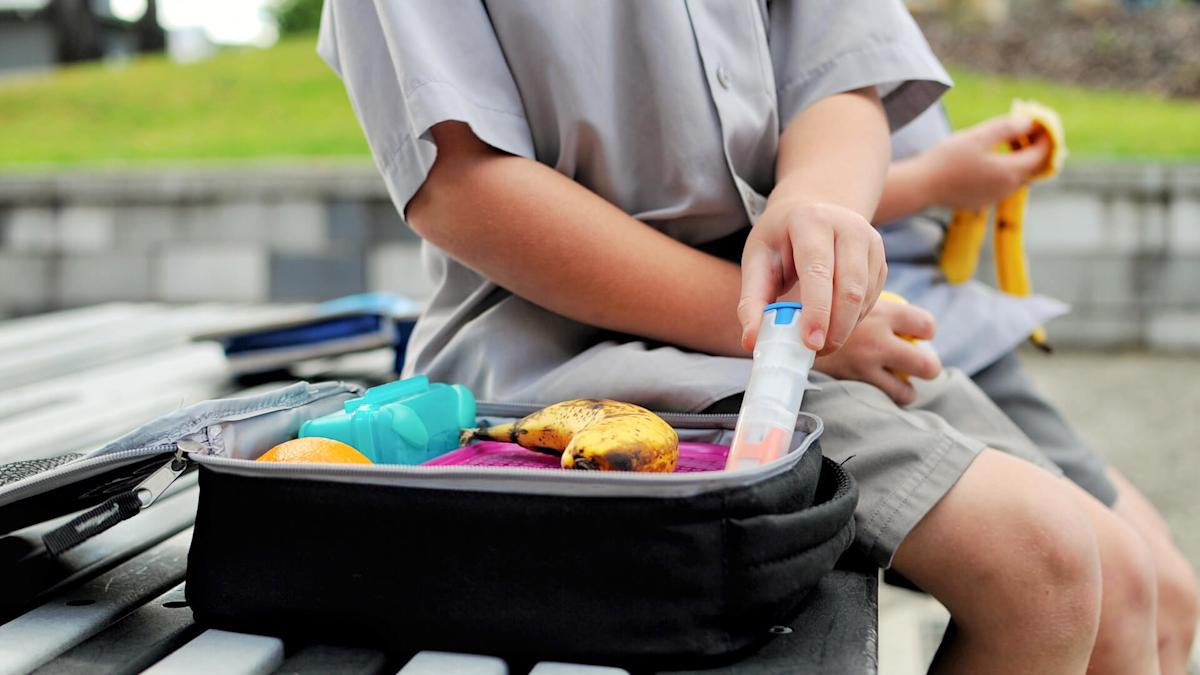The term “trade war” seems more pervasive these days — on everything from TV pundits to TikTok experts. Oh, and that one uncle who always has an opinion? He’s chiming in with his take, too. Yet for all the “shots fired in the trade war” headlines you’ve seen, you might still not know what a trade war really is — or if your wallet could end up as collateral.
Read More: I Asked ChatGPT To Explain TRUMP Crypto to Me Like I’m 12: Here’s What It Said
Find Out: 5 Types of Cars Retirees Should Stay Away From Buying
If you want a simple explanation, you could always turn to ChatGPT. That’s exactly what I did on your behalf–only I wanted an easy-to-understand, jargon-free approach. So I asked ChatGPT to explain trade wars and their impact on my wallet, like I was 12 years old.
As always, you’ll want to fact-check — since ChatGPT is far from perfect — but it gave me a solid baseline of information to guide my own research.
When asked what constitutes a trade war, ChatGPT gave me a succinct answer. In essence, a trade war involves countries fighting by charging each other extra money — in this case, tariffs — for the goods they buy and sell to one another.
To double-check this response, I hopped on ye olde internet and visited DW.com, the website for international publication Deutsche Welle, where I found an article about a potential trade war between the U.S. and China. In that article, writer Arthur Sullivan described a trade war simply:
“A trade war is an economic conflict in which countries implement and increase tariffs and other nontariff barriers against each other,” he wrote. “It typically arises from extreme economic protectionism and usually features so-called tit-for-tat measures, where each side increases tariffs in response to each other.”
So far, so good in terms of accuracy.
Discover Next: I’m a Self-Made Millionaire: Here’s How I Use ChatGPT To Make a Lot of Money
Sullivan’s article broke down the trade beef between the U.S. and China, but I wanted a much simpler example. Treating me like a 12-year-old, ChatGPT brought me back to the schoolyard.
It asked me to imagine myself and another student trading lunch items. I gave him $2 to buy his cookie (I’m a sucker for a good peanut butter cookie, it’s true), and he gave me $3 for my juice box. Initially, we’re both happy. We feel the arrangement is fair.
But one day, I realized his cookies were a little stale. I decided he’d have to pay an extra dollar for my juice box. That, ChatGPT explained, is like a tariff — because I asked for extra money just to make the trade. Infuriated, my classmate told me I’d now have to pay an extra $1.50 for his cookie.
Weiterlesen
